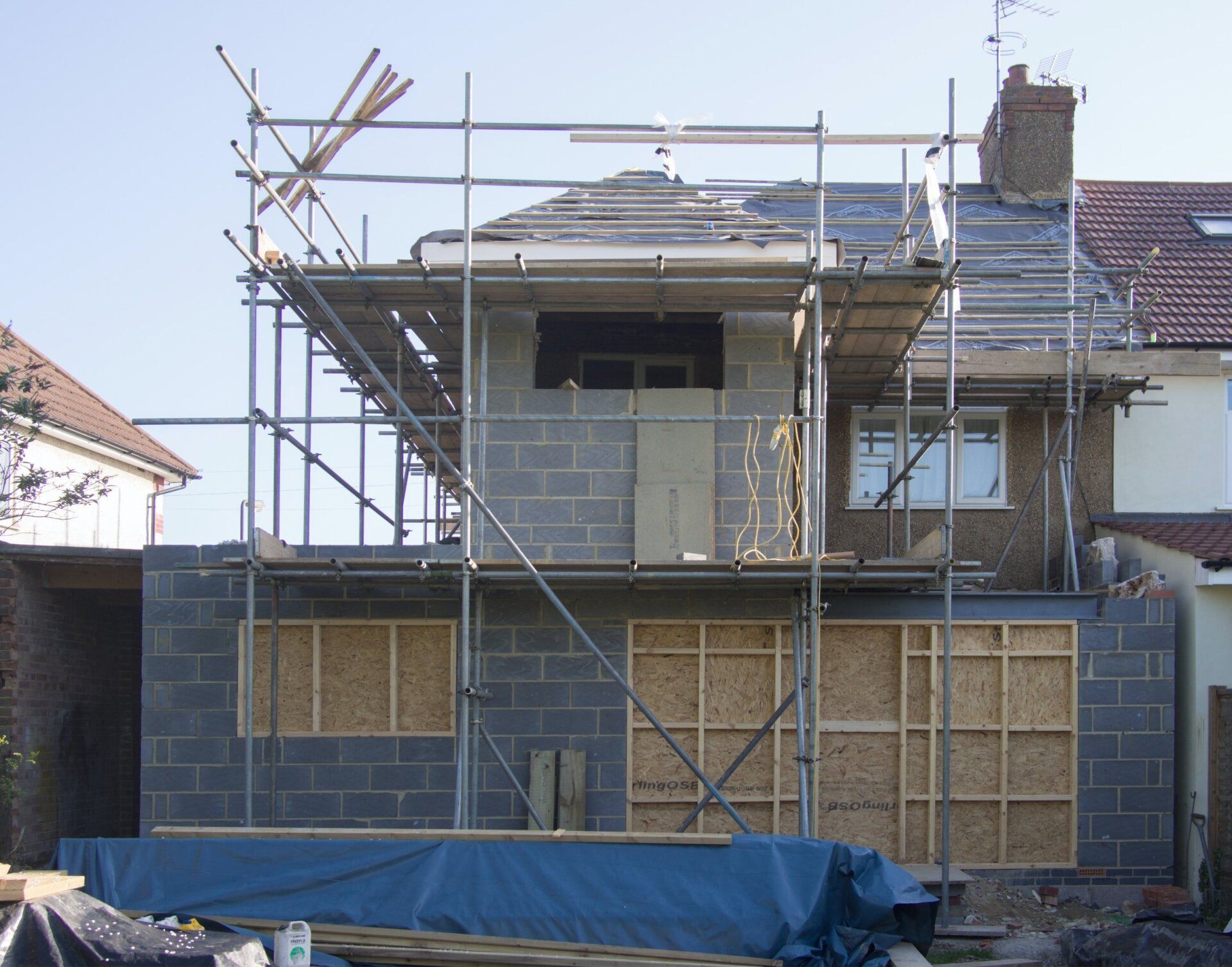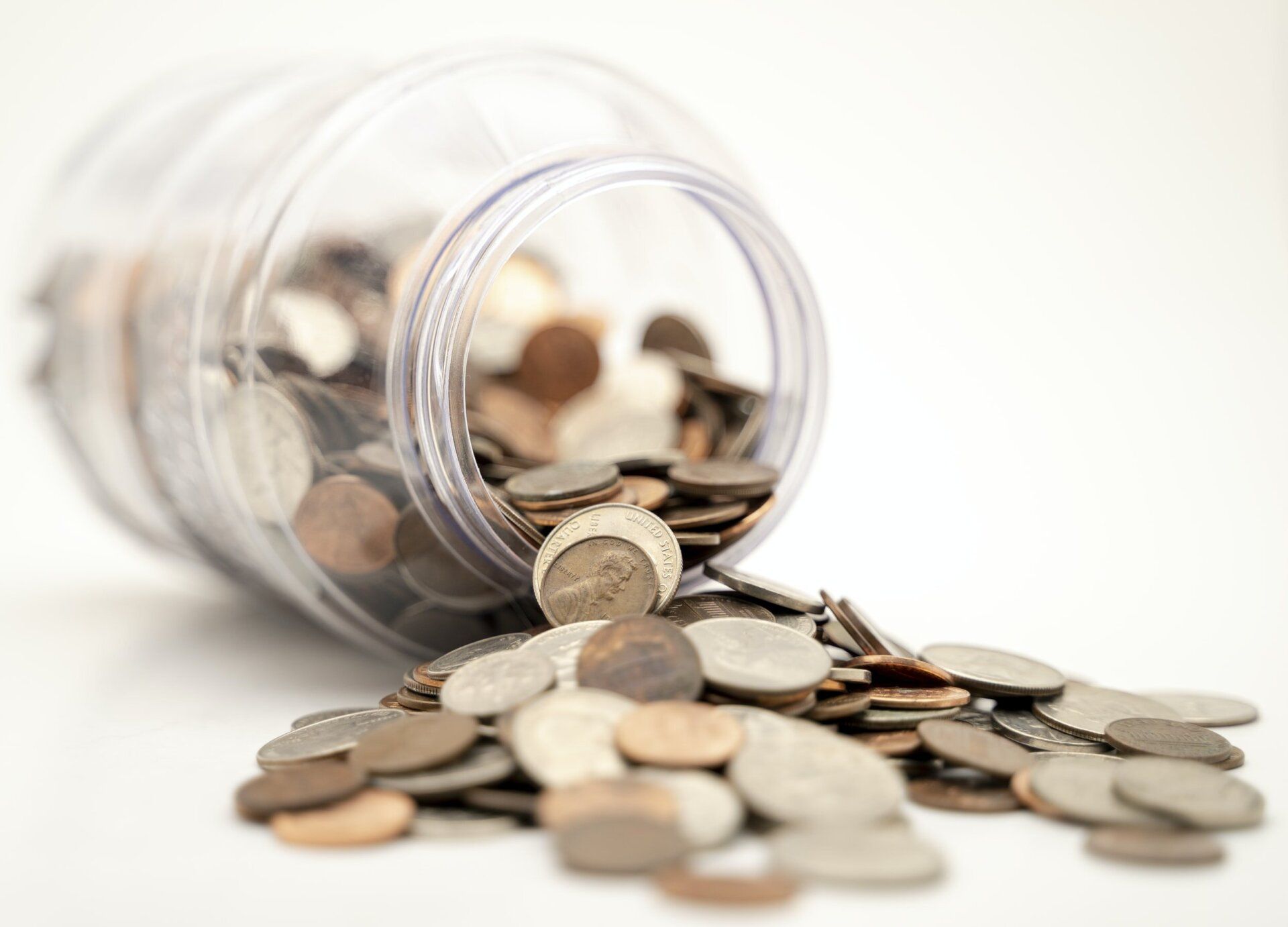How do I Save a Deposit for My First Home?

We used the equity in the avocados to purchase the tomatoes #spendMoneyToMakeMoney
Image credit: Unsplash
If, at the end of March 2020, someone had told me that the median house price in New Zealand would be up over 15% year on year , I’d have had their head checked! Thanks to the unprecedented stimulus provided by the Reserve Bank, many Kiwi homeowners avoided being forced into the sale of their most valuable assets. Rising house prices and stable employment make people feel richer and boost spending, so on that front it can be considered a job well done in preventing the worst economic outcomes of the pandemic.
However, it’s not all smiles and sunshine in the property market. The massive run-up in prices has left those looking to buy their first homes needing even larger deposits in order to secure financing. In a world where the median house price in Auckland is around $1 million, how can someone come up with a deposit for a first home?
As with any prickly issue, it’s essential to first define the problem, set the objectives and then generate possible solutions.
Step 1: Determine the Deposit Required

In the end,
the answer is always 42
Image credit: Unsplash
How much money do you need to buy your first home? Is a 10% deposit enough? How about 20%? Or is it now 30%?
At the time of writing, the situation is rather fluid, as the RBNZ has commenced consultation on reinstating Loan to Value Ratio (LVR) limits from March 1, 2021. Banks have already begun tightening their lending criteria. For an owner-occupied home, you’ll generally need a 20% deposit, but you might be able to get financing with a smaller deposit in some circumstances. Note that with smaller deposits, lenders may charge you a slightly higher interest rate (a Low Equity Premium) and/or a fee for Lender’s Mortgage Insurance. The more you borrow, the higher your repayments, so the minimum deposits must not be seen as a target. Rather, they are a threshold that needs to be crossed in order for a lender to consider your application for finance.
Adjust Your Expectations

“Urban BEAUTY looking for a bit of TLC! Ideal for families who are looking for an unconventional approach to life…and gravity”
Image credit: Unsplash
If you live in any of the major centres, your first home is unlikely to be the quarter-acre Kiwi dream. Fortunately, there are a number of smaller properties that would be well within budget for those willing to adjust their expectations and think long term.
Remember: you’re buying your first home, not your dream home! You’re merely taking the first step on a long journey in property investment, and let’s face it: every home is an investment regardless of whether you buy 1 or 100. If that wasn’t the case, most people could save themselves hundreds of thousands of dollars by renting forever! It is far better to buy something smaller and more affordable now than to stretch yourself beyond your limits just so you can have that 4-bedroom home with a backyard now. An affordable first home:
-
Gets you on the property ladder, which means you can benefit from future house price booms like the one we’re witnessing.
-
Requires lower repayments, which means more disposable income that you can save for a rainy day. You can also use those savings to make lump sum repayments and pay down your loan faster, saving you interest in the long term.
Consider New Builds

Image credit: Unsplash
If the Reserve Bank reverts to the LVR restrictions as they stood pre-COVID, lending for new builds (bought from the original developer) will be exempt, so you may still be able to buy a home with as little as a 5% deposit. Of course, as you are borrowing more, your mortgage repayments will be higher than they would have been with a larger deposit. As always, you will have to meet the bank’s lending criteria, so the minimum deposit may be determined by your ability to repay the loan. There are a number of advantages to purchasing new builds:
-
They are built to the most up-to-date standards, with modern features
-
Customisation options
-
Generally lower maintenance costs
-
Ability to purchase with a lower deposit
-
If eligible, a higher First Home Grant than would be the case for an existing property (see below)
Check Eligibility for Kainga Ora’s First Home Loan Scheme
If you meet certain criteria (including and income and house price cap, as well as the bank’s own lending criteria), you may be eligible for a First Home Loan with as little as a 5% deposit. Note that the bank is likely to charge you a higher interest rate (a Low Equity Premium) and you will be charged 1% of the loan amount as a Lender’s Mortgage Insurance Premium (this can be added to the loan)
Step 2: Sources of Deposit

“I’m not a numbers guy, but I think we might come up a bit short here”
Image credit: Unsplash
Now that you’ve determined how much you need, it’s time to figure out what you have. Your hard-earned savings are the most obvious source of funds for your deposit, but there are a number of other avenues you may consider to fund your first home purchase.
First Home Grant
If you have been a Kiwisaver member for at least 3-5 years, you may be eligible for a First Home Grant. If you buy an existing home, you could get $1,000 per year for each year of membership (max $5,000) and in the case of a new home or vacant land, it’s $2,000 per year (max $10,000). Once again, there are some clear incentives for buying a new home.
Kiwisaver
If you have been a Kiwisaver member for at least three years and are a first home buyer, you may be eligible to withdraw your Kiwisaver savings (minus the $1,000 minimum balance) to fund your deposit. Do note, however, that your Kiwisaver accounts are invested in a managed fund, the value of which may fluctuate with the market.
As seen during the immediate aftermath of COVID-19 border closures, you may lose a significant portion of your Kiwisaver investment in the event of a stock market crash, leaving you with less than you need to fund your purchase. If you are considering using Kiwisaver towards your deposit, it is advisable to budget on a conservative figure (e.g. 80% of your available balance) to protect you against any nasty surprises between loan approval and the date of settlement.
Other Assets

“I KNEW my rusty cog collection would be worth something one day!”
Image credit: Unsplash
Consider any other assets you may want to liquidate in order to get yourself over the threshold. For example, if you have a relatively new car, you may be able to downgrade to an older, cheaper model and use the leftover funds. You may also have your own investments in stocks and bonds that you might be able to cash in. It really depends on what you have and what you are willing to trade.
The Bank of Mum and Dad

“You know, son, this feels like a metaphor for something…”
Image credit: Unsplash
When all else fails, call mum and dad! Increasingly, Kiwis are relying on their parents’ wealth – often in the form of equity in their homes – to fund a deposit for their first home purchase. There are a number of ways to do this, including gifting, guarantee, loan agreement or buying the property together. Whichever option you choose, you need to be clear if the money is a gift, a loan or a joint investment, and it’s best for both sides to seek independent legal advice to avoid heartache down the line. A chat with your mortgage adviser will help you sift through the options and select the best one (if any).
Step 3: What Else Must I Consider?
Woohoo! You’ve scrimped, saved, begged, borrowed but (hopefully!) not stolen enough smashed avocados to get yourself that deposit for your first home! But wait…there’s more!
Affordability

Image credit: Unsplash
You need to consider your ability to repay your loan, because the bank certainly will! Banks stress-test their lending by using a higher interest rate than they will actually charge you. For example, the lowest 1-year rate right now is around 2.39% p.a., but some banks are testing their loans at close to 6.5% p.a.! This proves to them that you can continue to pay the loan even if interest rates rise, if your income reduces or your fixed costs increase. It is advisable for you to do the same when calculating your budget, as interest rates won’t remain at all-time lows forever, and you don’t want to live paycheque to paycheque in your beautiful new home!
Paying down the loan faster

Image credit: Unsplash
A portion of every repayment goes towards paying off the principal (what you borrowed from the bank) and the rest is used to pay off the interest. In the case of a table loan (which is the sort of home loan most of us get), the interest component is the greatest at the start of the loan term and reduces with time. At the start of a 30 year loan at present interest rates, more than half your monthly repayment is interest! As far as repaying your loan goes, this means more than half your repayment is essentially vanishing into the ether.
If you are in a position to do so, you may want to structure your loan so you can make extra repayments in order to pay off more of the principal. This is especially helpful if you expect your circumstances to change in a manner that affects your disposable income, such as starting a family, returning to study, etc. Paying off more when you can afford to do so reduces your required repayments down the line, and most importantly, reduces the interest you pay over the life of the loan!
So there you have it: a primer on ways to rustle up your deposit for your first home. It’s a long and winding road, but ultimately a rewarding one. As with any investment, there is an element of risk, which we try to mitigate by stress-testing our ability to pay off the loan during tough times. Remember: the market value of your home may fluctuate, but you’ll only lock in a loss if you have to sell in a property slump. If you have the power to hold on to your home in tough times, you are more likely to reap the considerable rewards that property investment has to offer.
Buying your first home can be a daunting task, with financing being just one (major!) component. There’s no need to do it alone: a call to your mortgage adviser can help take away the stress of hunting for the best deal on mortgages, and allows you to focus on the all-important house hunt. For a discussion on how you can source a deposit for a home loan and much more, book an appointment with me for a free, no-obligations consultation.
Disclaimer: The above is an opinion of the author and must not be construed as individualised financial advice. In all cases, before making any financial decisions, it is recommended that you seek individual advice relevant to your situation.








